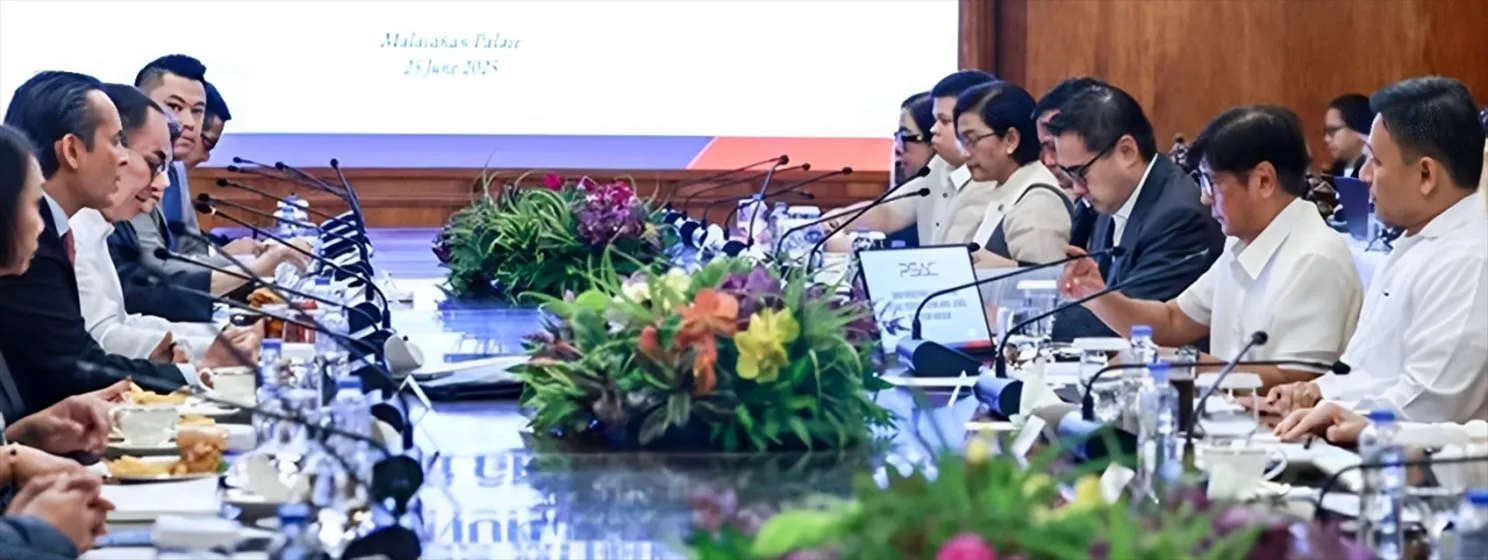|
Getting your Trinity Audio player ready...
|
Blockchain technology has infiltrated just about every other industry globally. In China, the latest application is on electronic door seals, with the country’s courts using blockchain to enhance security.
Chinese courts recently began testing the application of blockchain technology on electronic seals, a report by Global Times revealed. In Beijing, the People’s Court in Haidian District became the first to use an electronic blockchain-powered seal on Friday last week.
The electronic seals will replace the traditional paper seals as the courts seek to enhance security. Upon damage, the seals automatically turn on a surveillance camera and start sending alarm notifications to the owner and law enforcement authorities. The camera also transmits real-time footage to the relevant authorities.
With data recorded on the blockchain, the use of the technology ensures that all the recorded information isn’t modified by any party.
Several other courts in Jiangsu, Hunan and Jiangxi provinces have also revealed that they will be using the blockchain-powered electronic seals, the report claims.
This is the latest application of blockchain in a country that has fully embraced the technology. Two weeks ago, China’s tech giants came together under the Distributed Identity Alliance. The Alliance brought together the biggest tech names, from Tencent and WeBank to Baidu and JD.com. The group will work towards developing commercial applications of decentralized identity.
Blockchain application in China has not been relegated to the private sector alone. The Chinese government has been just as active in the sector, with President Xi Jinping encouraging the country to keep exploring the technology.
At the provincial level, blockchain is being used in some of the most basic processes. In Jiangsu province, the local government has been using blockchain to distribute economic vouchers as it seeks to revitalize the local economy. As CoinGeek reported, Jiangsu has now distributed over $53 million to over 270,000 residents via the blockchain.
In Yunnan province, the government has been tracking its tea products on the blockchain. Tea is one of the province’s most important exports, with an annual output of over $11 billion.

 07-02-2025
07-02-2025 





